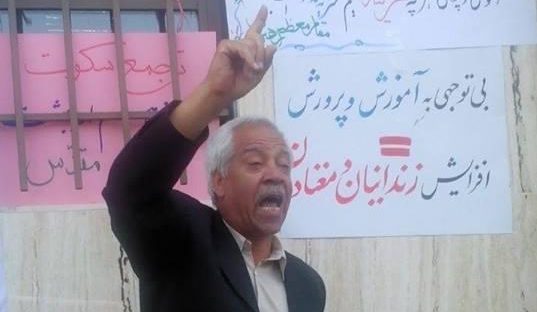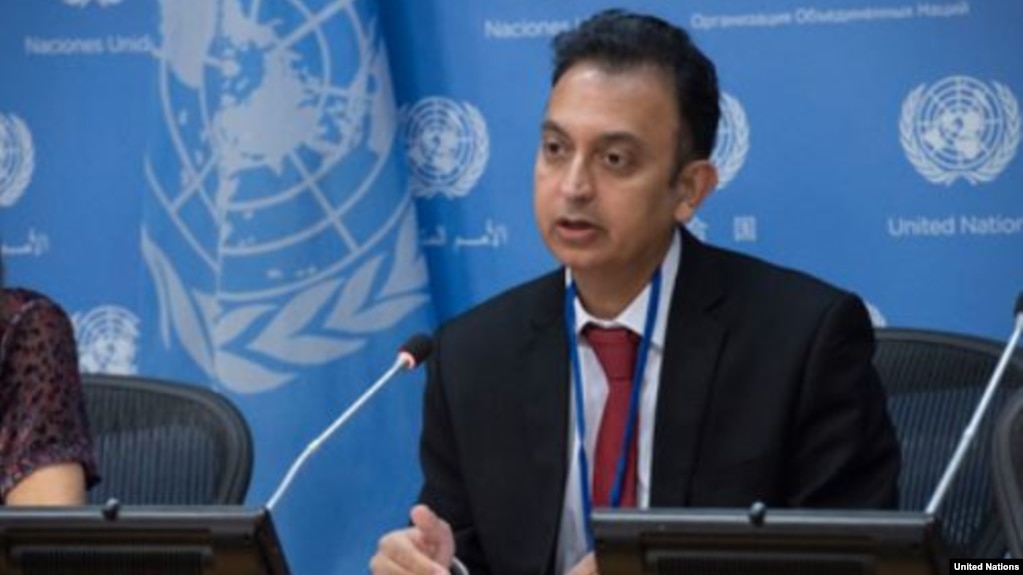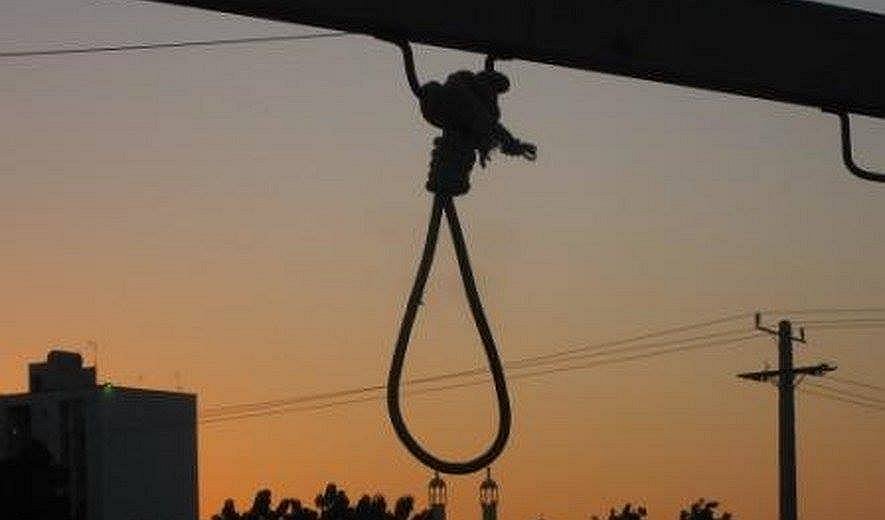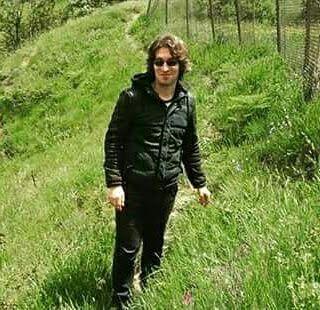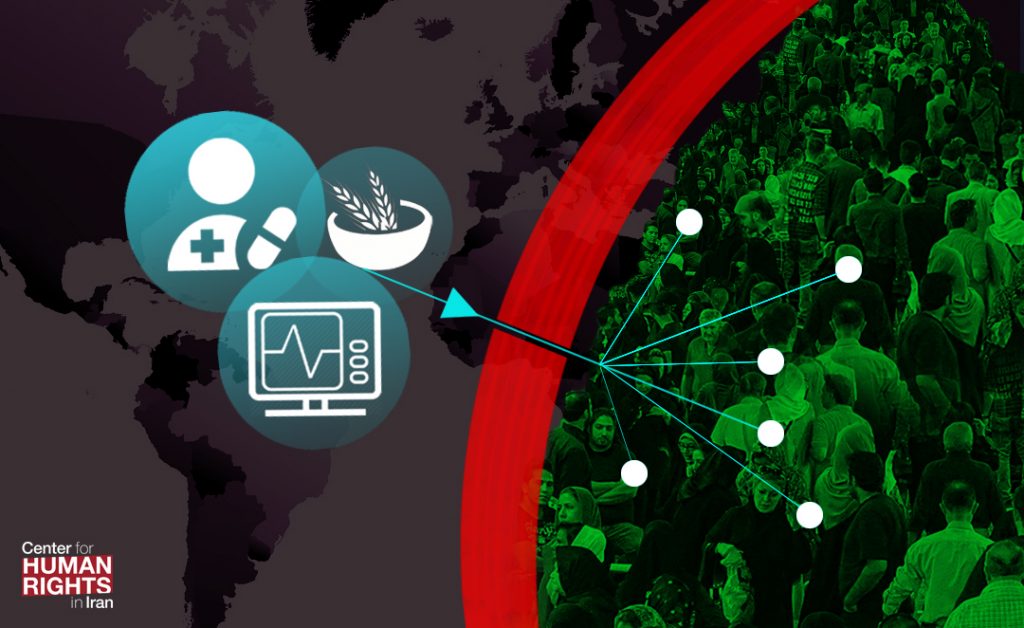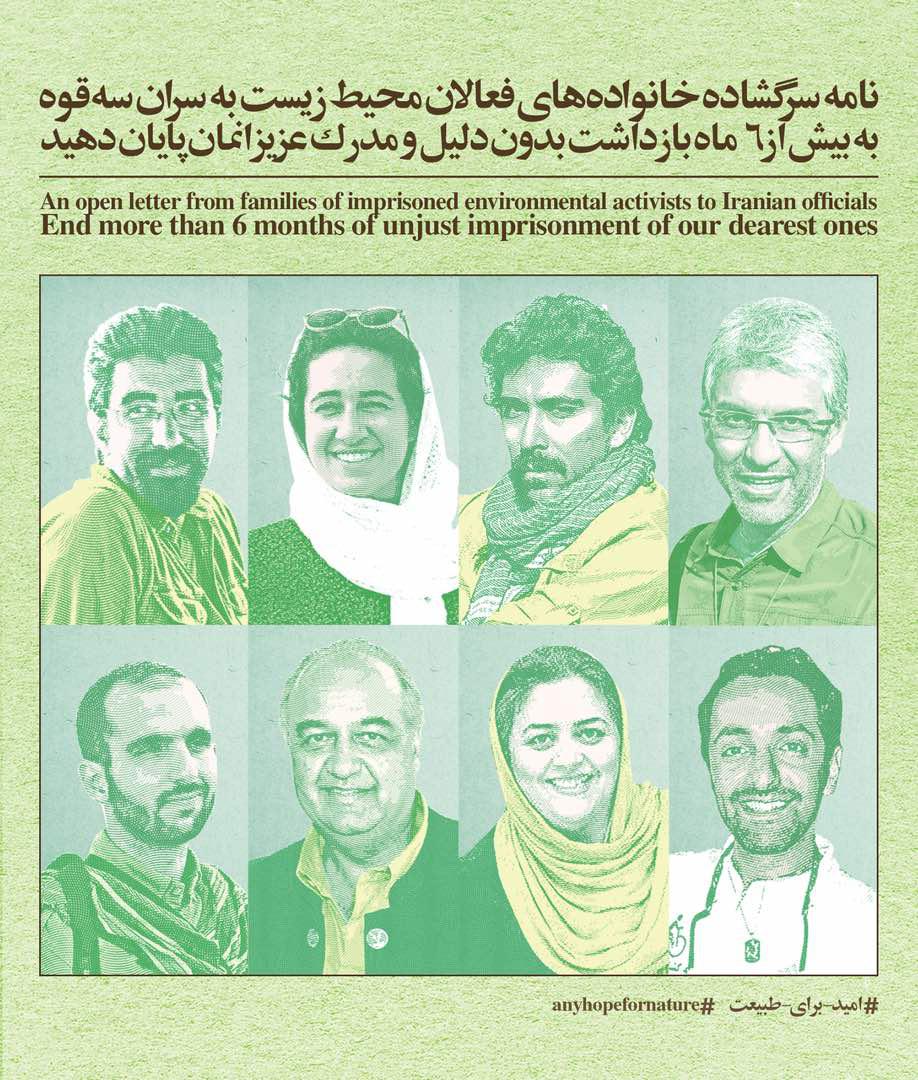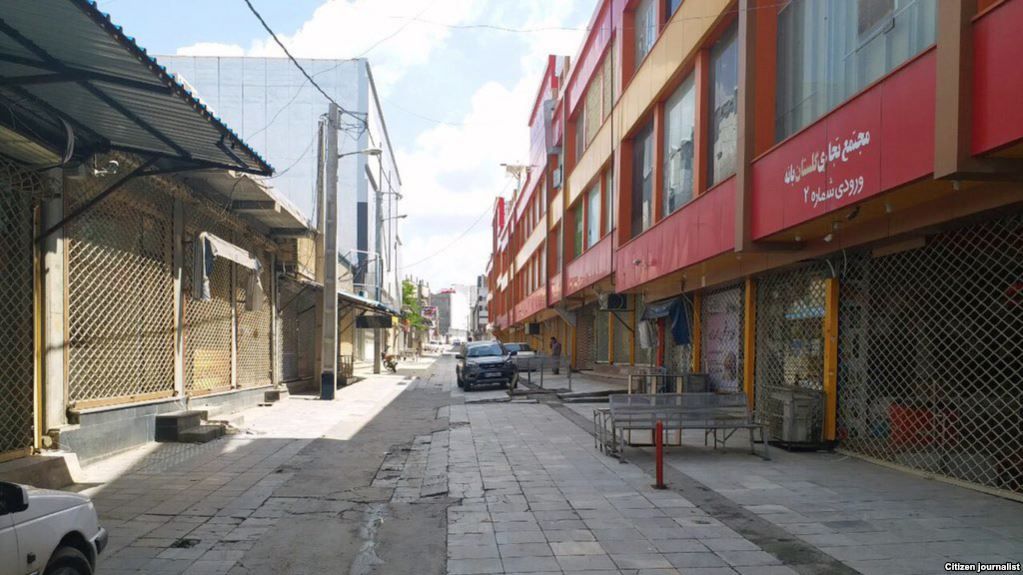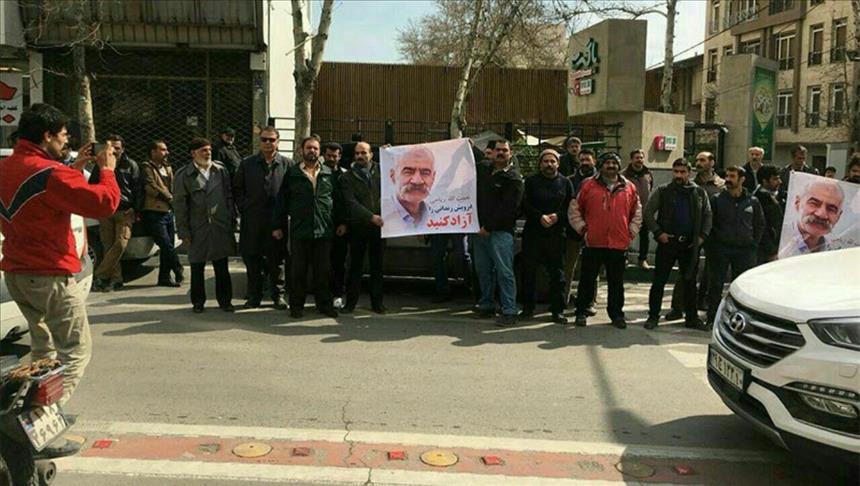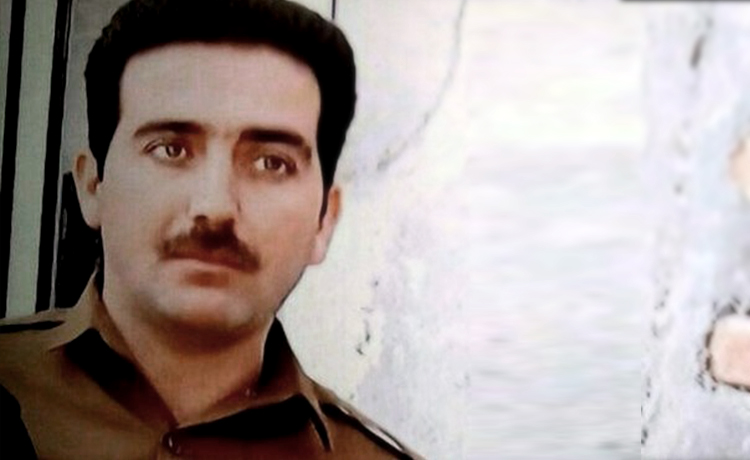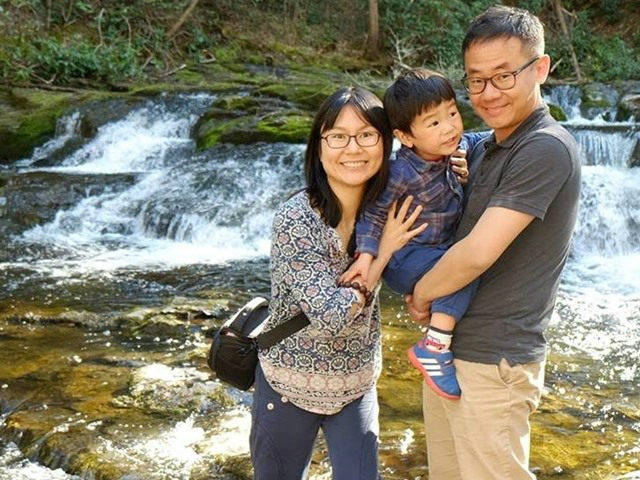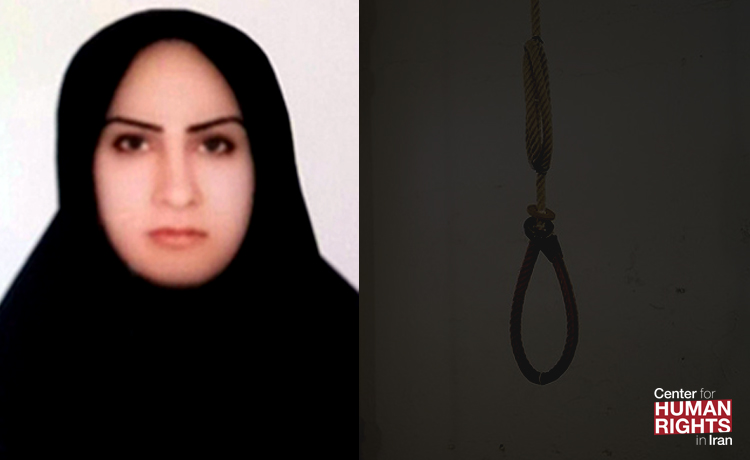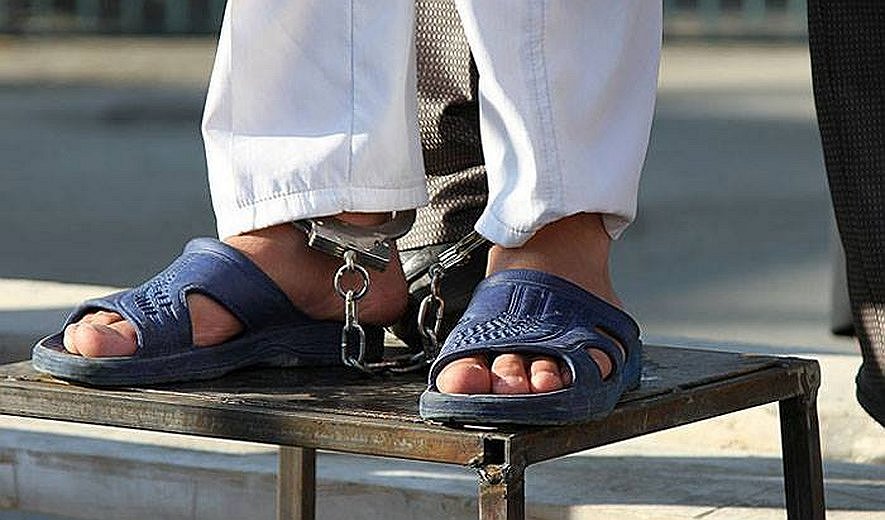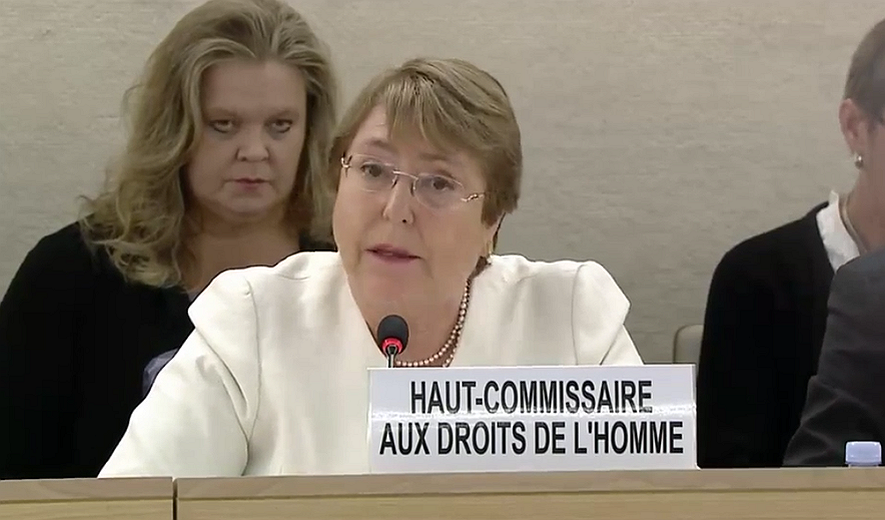Prominent Iranian Human Rights Lawyer Returned to Prison عبدالفتاح سلطانی در پی عدم تمدید مرخصی به زندان بازگشت
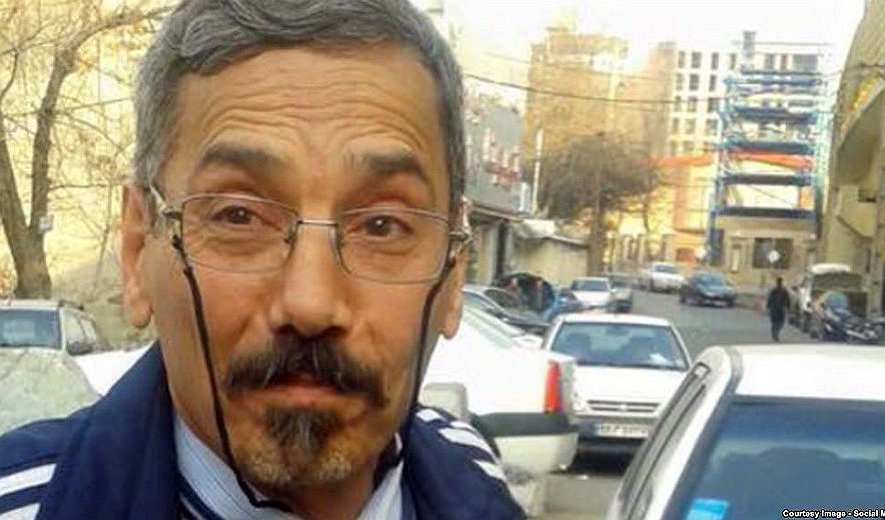
October 28, 2018
Iran Human Rights; October 28, 2018: Abdolfattah Soltani, attorney
at law and human rights activist, went back to Evin prison earlier today
following the denial of his furlough extension request.
Abdolfattah Soltani had been
granted the furlough to attend her young daughter’s funeral on Saturday, August
4, 2018. Despite some hopes that the Islamic Republic authorities might extend
his furlough, Mr Soltani went back to prison due to denial of the extension
request.
Abdolfattah Soltani was
arrested on September 2011 on the charge of “propaganda against the system” for
"founding the "Defenders of Human Rights Centre",
"gathering and colluding with intent to harm national security",
"spreading propaganda against the system" and "accepting an
illegal award" (the Nuremberg International Human Rights Award").
Soltani was sentenced to 13
years imprisonment which was reduced to 10 years. Based on Iranian laws, if a
defendant is faced with more than one charges, the charge with the highest
penalty will be taken into account. However, Mr Soltani has served more than
two third of his sentence and technically he could be granted the conditional
release.
Abdolfattah Soltani was
represented a number of prominent dissidents, civil activists, Bahai minorities
and political prisoners prior to his arrest.
